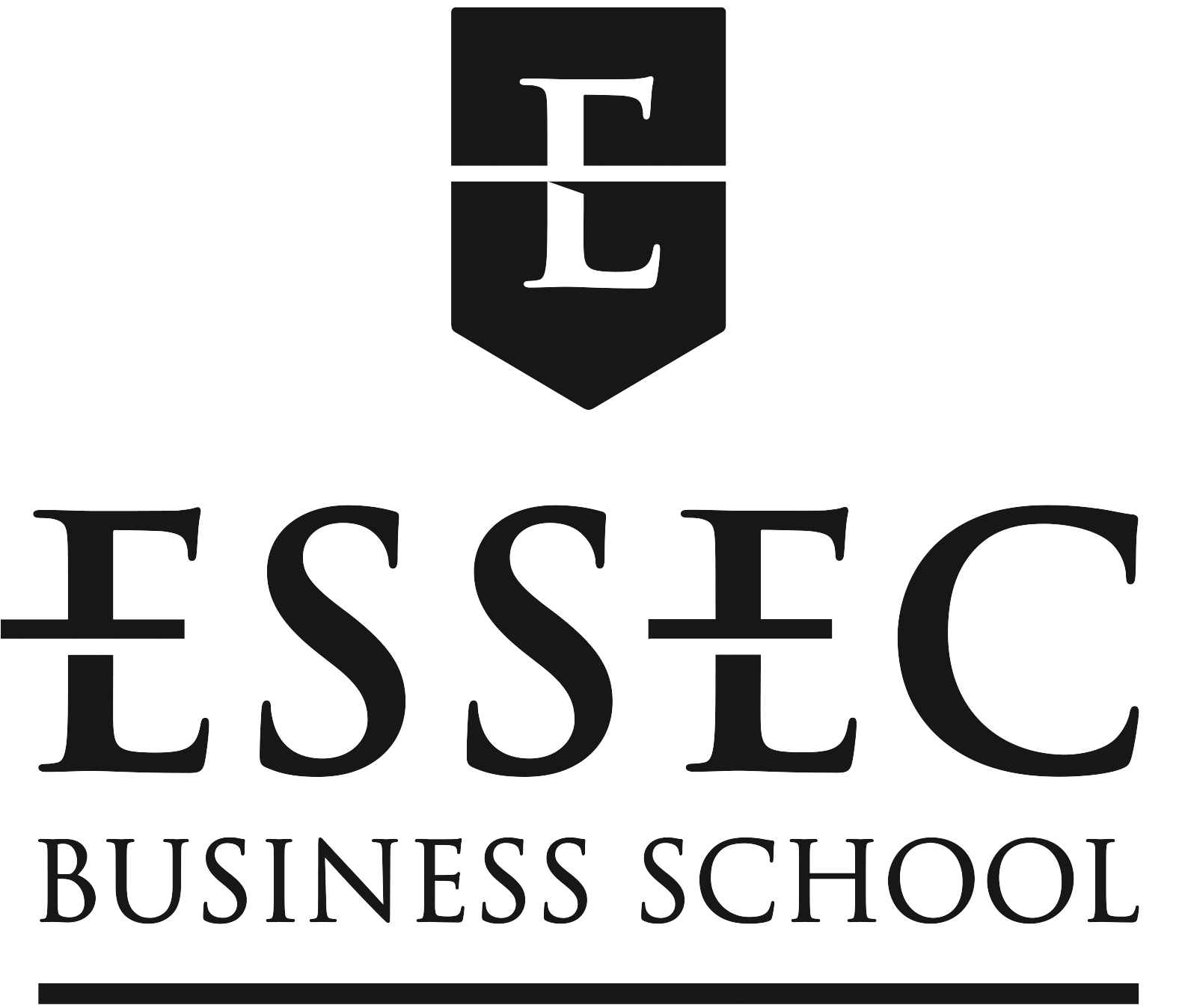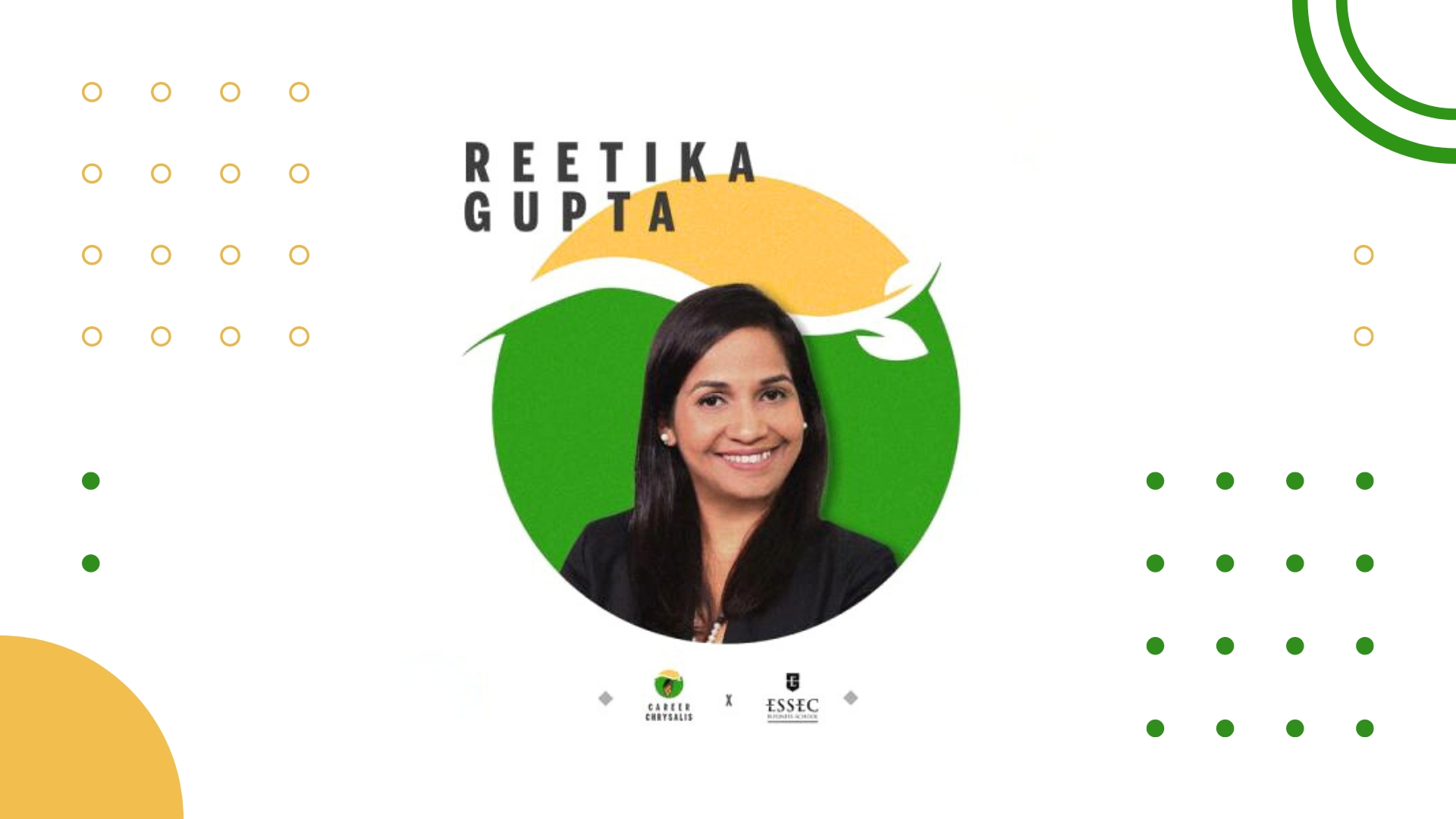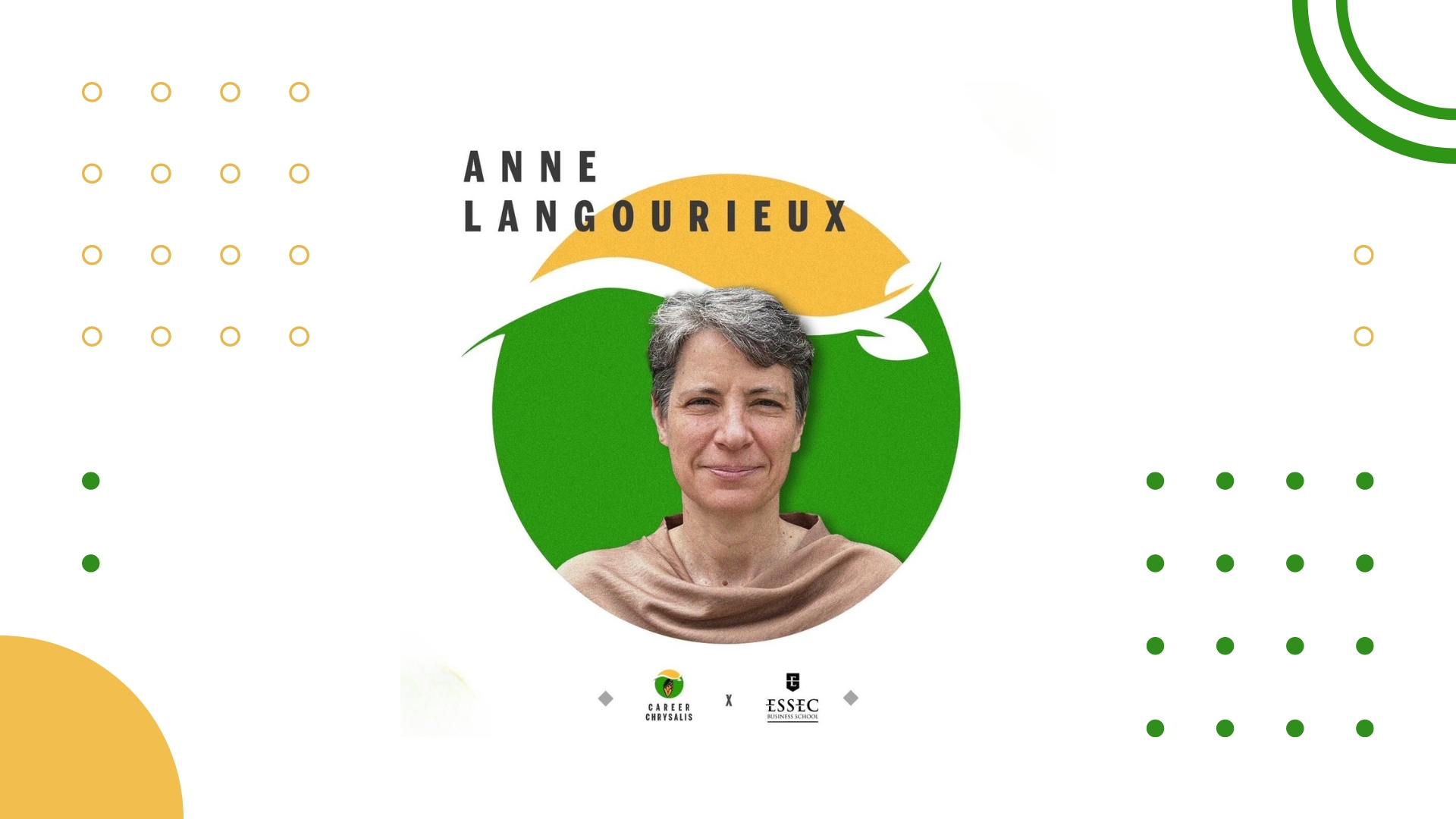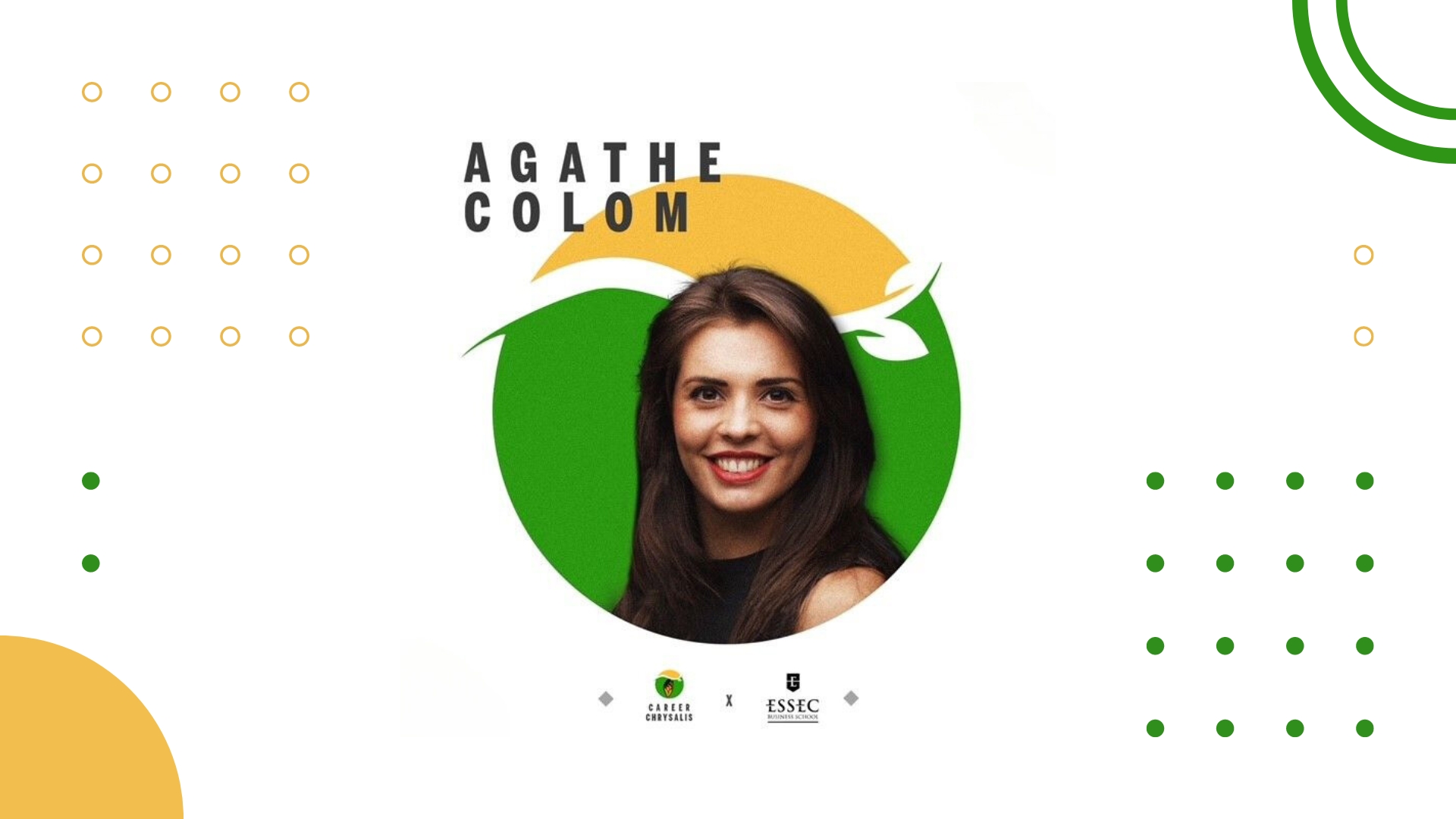Momentum for the digital wave has been growing for years, but COVID-19 was arguably the tipping point for many businesses, motivating them to pivot online and accelerate their digital agendas.
“The pandemic didn’t just increase adoption of technology, it also pushed companies from the stage of building brand awareness to also engaging consumers online,” Tuck Siong Chung, Associate Professor of Marketing and Academic Director of the MSc in Marketing Management & Digital (MMD) program affirms, reiterating that this shift has massive implications on the way business is run, and boosted demand for those with digital marketing skills.
Unlimited Possibilities in the World of Digital Marketing
This change is perhaps most apparent in how businesses choose to communicate with customers. Now, brands are turning to conversational commerce, using chatbots, voice assistants, and messaging platforms to offer a more personal touch online. AI is increasingly deployed—whether in creating AI chatbots or identifying consumer preferences to ensure a more personalized experience.
Thanks to technology like Augmented Reality (AR), luxury brands like Dior, Gucci, and Michael Kors let consumers try their products virtually. When shopping for furniture at IKEA, one can now virtually place true-to-scale 3D models in their own spaces to see how each piece of furniture fits.
In the real world, H&M has smart mirrors in-store that provide personalized styling tips. Nike celebrated its 50th anniversary by allowing visitors to a select number of stores to “unlock” Nike AR artifacts with their smartphones. Recently, Burberry blurred the line between the virtual and physical realms when it brought its collection into Minecraft gaming.
These are just some of the many examples—which, for marketers, can mean one thing: The potential of technology is undeniably immense and exciting.
Don’t Put the Cart Before the Horse
Despite this, Chung cautions that “there is a danger in implementing something just because it’s new and sexy.” If marketing aims to bring value to customers and ensure they have the correct information at the right time, then technology is but a tool to help one get there.
Its power comes from how it is wielded, so “what is most important when it comes to using technology is not how fancy it is, but how it allows you to do marketing better, whether that is through collecting data, processing data, or personalizing what you deliver to the customer,” Chung elaborates. To do that, one must first have a solid foundation in marketing.
Build A Solid Foundation at ESSEC Asia-Pacific
This is where the MMD program, ranked second in the QS Business Master’s Rankings 2023 for marketing and top in Asia for the value of money and alumni outcomes, can add value.
With modules focusing on consumer behavior, marketing research, brand management, and more, the curriculum ensures that graduates are equipped with the fundamental concepts and techniques every marketer will need. When complemented with lessons on digital marketing strategy, social media, and mobile marketing, the curriculum effectively trains students to draw connections between how different types of technology can serve their marketing goals.
In addition, with abundant industry exposure and the program’s emphasis on the social and ethical dimensions of marketing issues, students can expect to graduate with the big-picture ability to analyze, reflect, implement, and audit marketing and digital marketing policies.
This allows them to access management functions across industries and drive digital transformation for the companies they eventually join, from roles such as product development, brand management, e-commerce, management consulting, and more.
It is also significant that the MMD program is conducted at the ESSEC Asia-Pacific campus in Singapore. Asia has the world’s highest digital adoption rate, accounting for more than half of the world’s e-commerce sales. The need for digital marketing skills in the region is growing. By immersing in the environment at the diverse Singapore campus, students have the added advantage of navigating the cultural nuances in the area as well.
Looking to the future of the marketing world, Chung reiterates that the value of the MMD degree comes because “it is not just about digital media, but about using the digital technology to do your marketing better.”
“The diverse skill set we train in our students and the relevance of digital marketing across industries is what accounts for our students’ successful job placements,” he says.
RELATED POSTS
Career Transitions S3E7: Refresh Your Perspective to Accelerate Your Transition
Listen to the final episode of Career Transitions podcast in collaboration with ESSEC Asia-Pacific featuring hosts Vanessa Iloste and Vanessa Teo.
Career Transitions S3E6: Lifelong Learning and Career Strategies with Professor Reetika Gupta
Listen to the sixth episode of Career Transitions podcast in collaboration with ESSEC Asia-Pacific featuring Deputy Dean Reetika Gupta and hosted by…
MMD Study Trip in Hong Kong: Career Insights Abound at Global Business Hub
During the annual study trip, MSc in Marketing Management and Digital students from the class of 2024 gained valuable insights about different…
MiF Study Trip in Hong Kong: From Dynamic Markets to Global Sustainability
Master in Finance students from ESSEC explored Hong Kong's financial landscape, engaging with top institutions and industry leaders, gaining crucial…
Career Transitions S3E5: From Corporate Leadership to Sustainability with Anne Langourieux
Listen to the fifth episode of Career Transitions podcast in collaboration with ESSEC Asia-Pacific featuring alumnus Anne Langourieux and hosted by…
Career Transitions S3E4: Building Strong Connections with Agathe Colom
Listen to the fourth episode of Career Transitions podcast in collaboration with ESSEC Asia-Pacific featuring alumnus Agathe Colom and hosted by HR…







